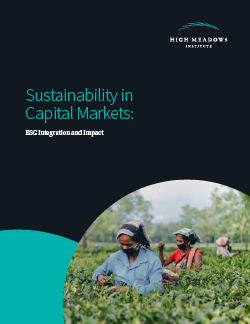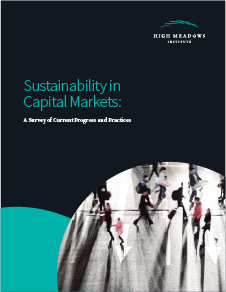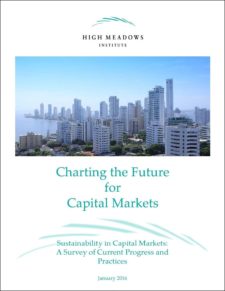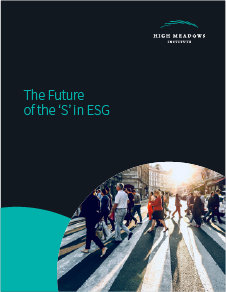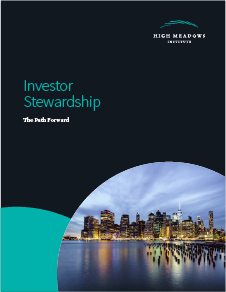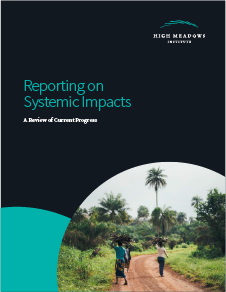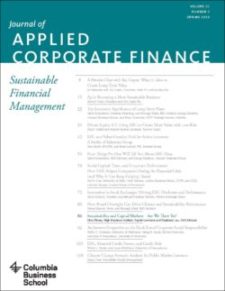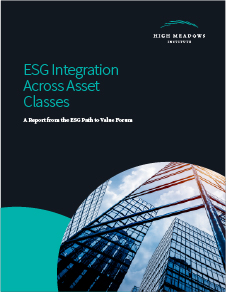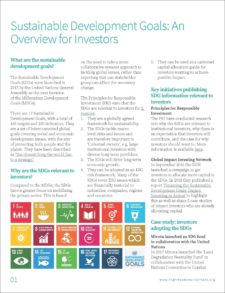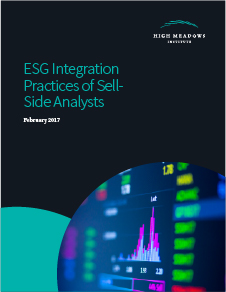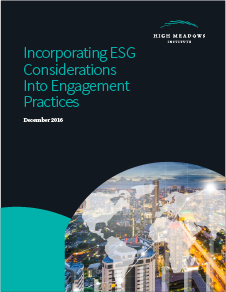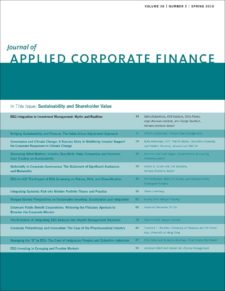Capital markets and the financial sector are central to our global economy. Globalization has brought many positive outcomes, including reducing poverty and enabling a better standard of living for millions of people around the world.
But with these benefits have come new challenges. International financial institutions are now so large that they fall beyond the scope and control of governments alone. In a globalized world, we must find new ways to ensure that capital markets are operating in the long-term interests of both investors and society.
The financial crisis and Great Recession of the late 2000s demonstrated the damage that can occur, both economically and socially, if capital markets are left unchecked. While the role of governments is critical, there is also a clear need for private sector leadership to address this challenge. Financial sector leaders and institutions need to be active players in the development of principles and practices that can underpin a truly sustainable capital market system.
Working with industry leaders and practitioners, HMI commissions research and supports industry-led initiatives working on this challenge.


